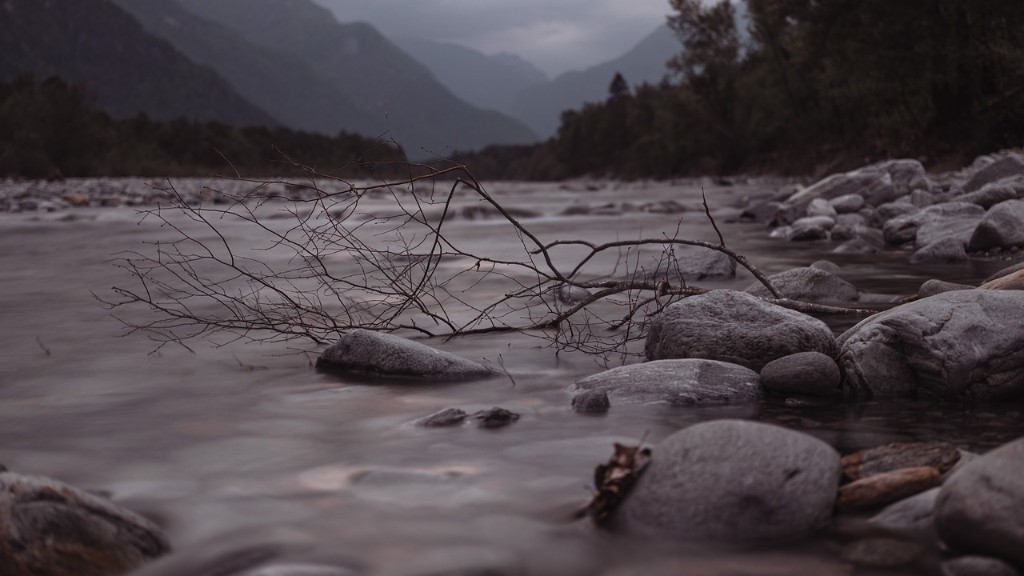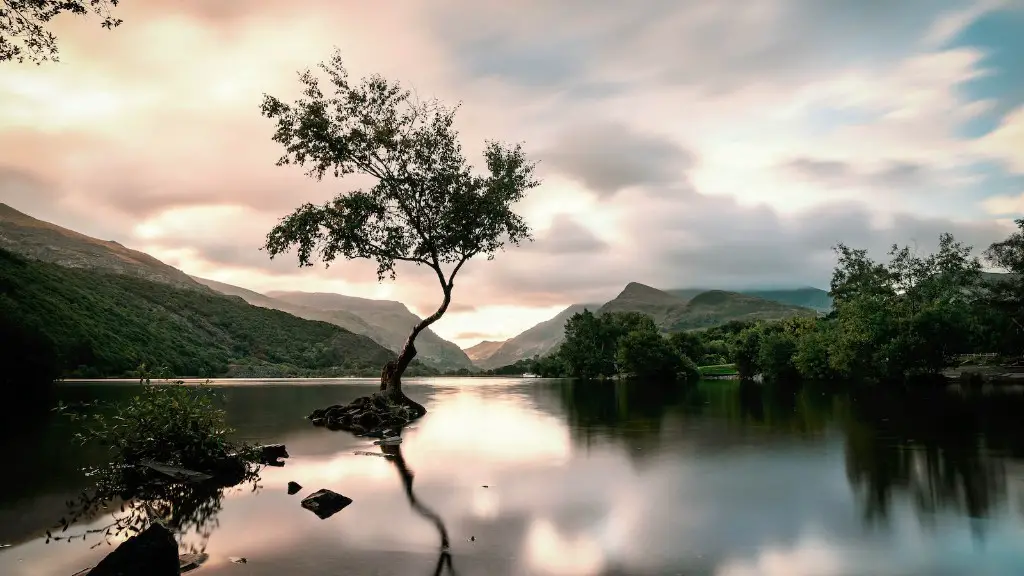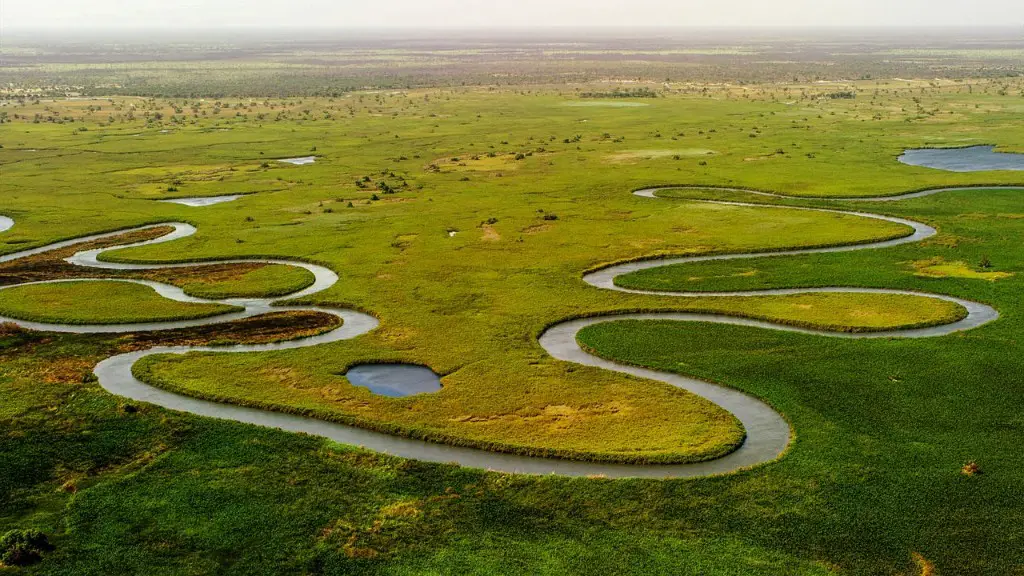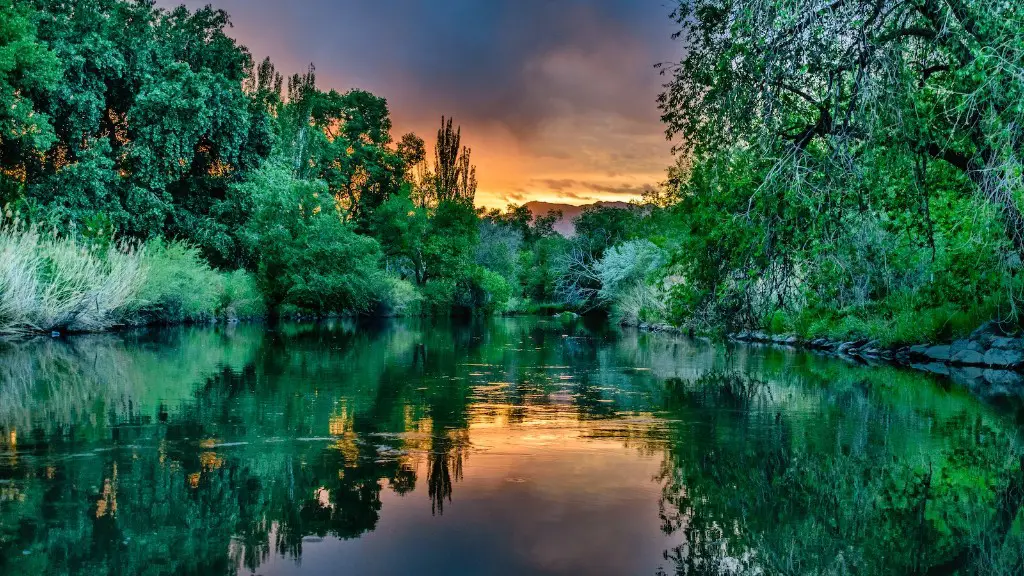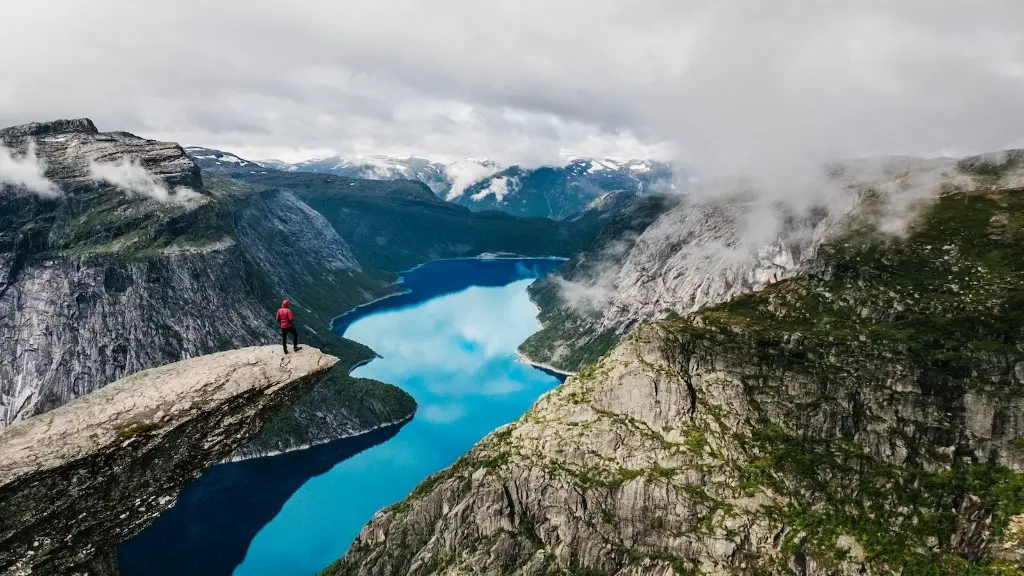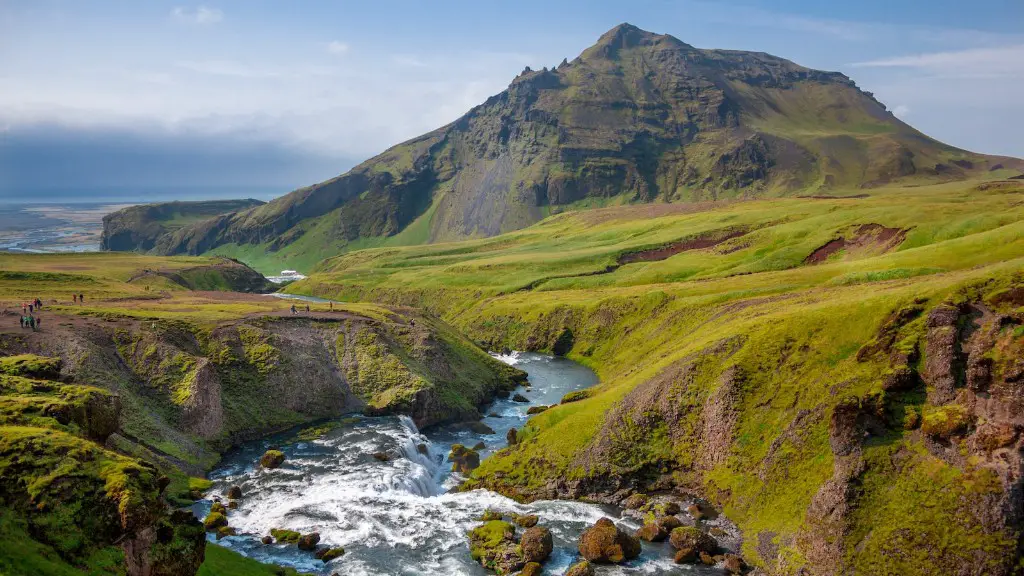The Mississippi River Ecosystem
The Mississippi River is one of the most significant rivers in the United States and the world. It is the fourth-longest river and the tenth most powerful river in the world. The river has a diverse and vibrant ecosystem and is home to a wide range of species. The river carries more than three trillion gallons of freshwater to its delta each year. This massive amount of water helps support a rich array of wildlife and vegetation, as well as providing essential resources for people.
The Mississippi river serves as a vital corridor for many species of fish, reptiles, birds, and mammals. The fish in the Mississippi river are an important link in the food chain, providing food for birds and mammals. A variety of different habitats are found along the Mississippi river, providing shelter and nesting sites for a variety of species. The river is also an important spawning ground for many fish species, providing essential nutrients and habitat to sustain them.
The vast network of wetlands and marshes found along the Mississippi river provide important habitat for various species of migrating birds, amphibians, and other wildlife. The wetlands also act as natural water filters and purifiers, improving the water quality for people who use the river for their drinking water. The wetlands are also critical for preventing flooding and supporting water regimes, which provide vital ecosystems services.
In addition to the biological and ecological benefits of the Mississippi River, it is also an important source of income for people living along its banks. The river provides millions of people with a source of sustenance and employment. Many people rely on the river for their livelihood, either through fishing, hunting, or offering services such as guiding or transportation. The Mississippi River is also an important medium of transportation, allowing people and goods to move efficiently and quickly throughout the region.
The Mississippi is also important for the cultural history and heritage of the people who live along its banks. It has been a source of life for the peoples for ages, and a major source of both artistic and spiritual inspiration. The cultural significance of the river is so strong that many people have adopted it as an unofficial symbol of the region.
Mississippi River Recreation
The Mississippi River also serves as an important recreation destination as well. For thousands of years, the river has served as an important connecting waterway, allowing people to travel and explore the region. From the early Native Americans to the European explorers, the river has provided a means of exploring the region and discovering new lands.
Today, the river is a major recreation destination, offering people the opportunity to explore the natural beauty of the region. People can take part in activities such as camping, fishing, boating, and even water sports. The Mississippi River is one of the most important waterways for recreational activities and is a great way for people to experience the culture and history of the area.
The river also provides people with a place to relax and enjoy the peaceful atmosphere of the river. There are many public parks situated along the banks of the Mississippi, offering picnic areas and public beaches. People can come and enjoy the beauty of the river and its surrounds, and take part in a variety of different activities.
The Mississippi is also an important economic driver for the region. The river provides the region with the goods and services which people depend on for their livelihoods. The river’s ecosystem provides goods such as fish and timber, while the human use of the river provides jobs and goods to people in the area.
Impact of Human Activity on the Mississippi River
The Mississippi River ecosystem also faces a number of threats from human activities. Pollution, over-harvesting of fish and other wildlife, and development along the banks of the river are just a few of the challenges the river faces. In addition to this, the river is also threatened by changes in the climate, leading to more frequent and intense floods and draughts.
However, people are also working to protect and preserve the Mississippi River ecosystem. Increasingly, people are being made aware of the importance of the river and are taking measures to protect it. Many groups and organizations are working to reduce pollution, restore habitats, and conserve the river’s resources. In addition to this, there are also efforts to educate people on the importance of protecting the river, as well as giving people access to the rich resources available in the river.
The Mississippi is an essential part of the United States, providing essential resources and services to people across the country. Its ecosystem is an incredible source of biodiversity and it is important that we take steps to ensure its protection and preservation. The experiences and resources this river provides are irreplaceable and should be cherished for years to come.
The Mississippi River as a Lifeline
The Mississippi River is a lifeline for the people and wildlife who rely on its waters for their livelihood. This incredible river provides an essential habitat for countless species of fish, birds, and mammals. The wetlands along the river are an important source of natural water filters, helping to improve the water quality for humans who use the river as their water source. The migratory birds who rely on the wetlands for shelter and nesting sites also rely on the river and its habitat.
In addition to its ecological importance, the Mississippi River is also of vital importance to the people who live along its banks. In addition to providing a source of sustenance and employment, the river is also an essential source of transportation. Both people and goods can move quickly and efficiently throughout the region, enabling the people to access resources and participate in commerce.
The cultural significance of the Mississippi River should also not be underestimated. From its spiritual importance for the local indigenous peoples to its incredible artistic inspiration for writers, the river has been a source of both life and culture for generations. It is invaluable source of life, and should not be taken for granted.
The Importance of Conservation
Due to the delicate nature of the various ecosystems that make up the Mississippi River, it is important that we take steps to protect it and its inhabitants. The immense biodiversity that is found in its waters and along its banks must be conserved if we want to ensure that these amazing resources remain available to future generations. One of the most effective ways to do this is to make sure that people are aware of the importance of conservation and are educated on the best ways to protect the river and its resources.
One way to do this is to increase public awareness about the importance of the Mississipi River and its ecosystems. Government programs and educational campaigns can be used to educate people on the importance of the river and their role in its conservation. People should understand that it is in their personal interest to conserve the river, both for the ecologic and economic benefits it provides.
Organizations and businesses can also help to conserve the ecosystem of the Mississippi River. They can engage in sustainable practices and educate their customers and employees on the importance of conserving the river. Companies can invest in green technology and make sure that they are not polluting the river and its habitats. They can also help to fund conservation initiatives and campaigns, helping to protect the river in the long-term.
Preserving the Mississippi River
As the Mississippi River is an important ecosystem, it is essential that we do all that we can to protect and preserve it. If we are to protect the river for future generations, it is important that we take steps to ensure that the river’s health and habitats are maintained. This can be done by ensuring that human activities that harm the river are reduced or eliminated, implementing sustainable practices, and taking measures to reduce pollution.
The government and local organizations can also play an important role in protecting the river. They can implement regulations on activities such as fishing and boating in order to reduce the impact on the river’s environment. Moreover, government agencies can provide research and insights into the best ways to protect and restore the river, while also investing in conservation initiatives.
Finally, the conservation of the river needs to be seen as a shared responsibility that is spread across all members of society. Everyone should work together to conserve the river and its habitats, taking responsibility for their actions and supporting efforts to protect the river. With the right steps and actions, we can work to ensure that the Mississippi River remains a vibrant and diverse ecosystem for generations to come.
